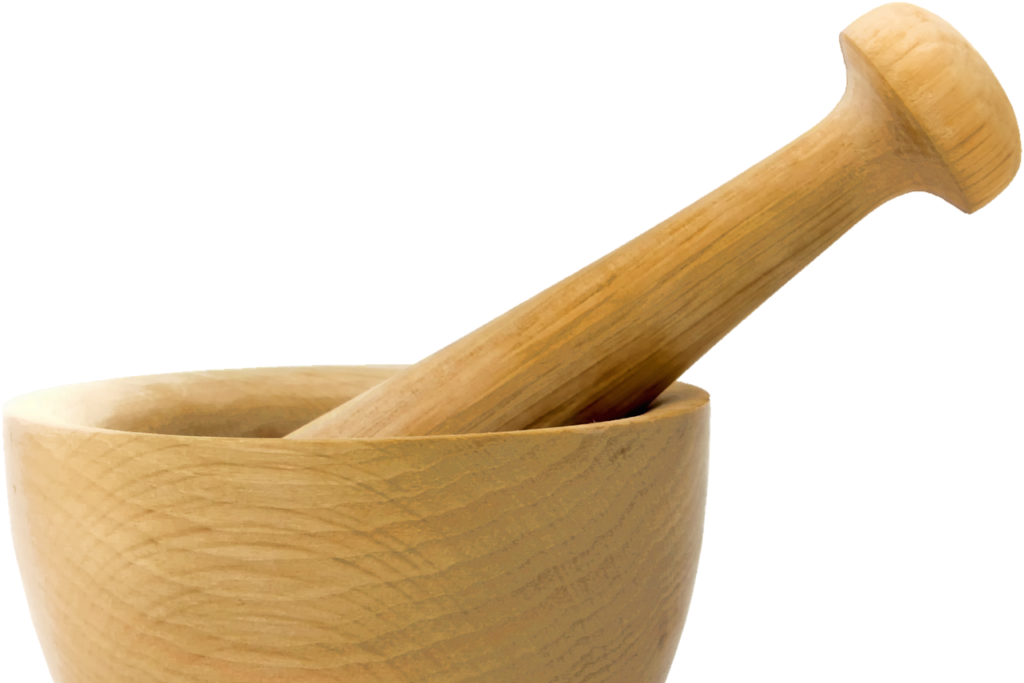Thippili… Hmmm… The name itself creates a unique taste on the tongue. Thippili, a herb that is now forgotten by everyone, is a wonderful herb that should be in our homes.
Since Thippili has been used by ancient times, it is also called “Adimarundhu” . It belongs to the creeper family. It is cultivated in South India and the lower parts of Bengal. Its botanical name is Piper Longum.
Thippili, which is one of the “Thirigadugu” (a mixture of equal parts of dry ginger, black pepper, and long pepper), is soaked in lemon fruit juice to make purify thippili.
It is also known as “Kozhaiyarukki” because it has the property of removing phlegm that accumulates in the chest.
Properties
- Carminative,
- Expectorant,
- Stomachic,
- Stimulant.
Benefits
- Relieves cough,
- Asthma,
- Shortness of breath,
- Throat disease,
- Loss of taste, and abdominal distension
- Treats diarrhea
- Peptic ulcer
- Improves sexual function
Chemical constituents:
- Piperine, methylpiperine, piperlongumine, and piperlonguminine are the main chemical constituents, with piperine being the most abundant.
- The essential oil of thippili also contains sesamin, terpineol, gingerene, and dihydrocarvone.
Medicinal Uses
Tippili (Piper longum) is a versatile herb used in traditional medicine for various ailments. Here are some of its purported benefits and traditional remedies:
- Cough, Cold, & Sore Throat: Take 70 grams of thippili and take a strength of kayanthakarai leaf juice with it, then add 350 ml of water and boil it until dry. Mixing finely powdered Tippili with sugar and consuming it in three-finger quantities aids in relieving cough, cold, and sore throat.
- Asthmatic Relief: Tippili Rasayanam, a specific formulation, offers potential relief for asthma.
- Phlegm & Cough: Take a three-finger measure of Thipili powder, mix some betel nut juice and honey with it and consume it cure cough cold and fever.
- Grind thippili, cumin, and chitarathai and eat it along with jaggery to get rid of sore throat.
- Tuberculosis: mixture of Thipili chooranam 45 gram and ink nut(kadukai) powder 32 gram with honey given 5gram offers traditional use in managing tuberculosis.


- Indigestion & Flatulence: Consuming a 1/4 palam (approximately 12.5 grams) measure of Thippili choornam boiled in 350ml of cow’s milk helps manage indigestion, flatulence, and faintness.
Other Potential Benefits:
- Leukorrhea & Menorrhagia: A paste of ground 5 parts of Tippili and 3 parts of clearing nuts tree seeds, taken in rice water for three days, given 4 gram cure leukorrhea and menorrhagia (excessive menstrual bleeding).
- Menstrual Pain: Induppu, Tippili, and Perungayam, fried and consumed in hot water for three days, may potentially alleviate menstrual pain.
- The mouth is clean after brushing the teeth with powder of thippili and valuluvai
- Tinea Infection:
மேற்கணை தனைக்கிளர் பொடியாக்கியே தேனிற்குழைத்துணத் தேமல்போ மதியினில்.
According to the Theran Kappaiam book, powdered Tippili mixed with honey and consumed for up to a month can help relieve tinea infections.
- Muscle Pain and Inflammation: A paste made from Tippili powder can be applied topically to alleviate muscle pain, swelling, and inflammation.


- Dyspepsia, Fever, Dysentery, and Piles: Powdered Tippili rice (mudiratha poo) combined with sugar and consumed in small quantities (8-16 குன்றியளவு (1 குன்றி -130மி.கி) with each meal can potentially cured digestion and dyspepsia, fever,piles dysentery, and ulcers.
- Eating thippili rice with ghee increases the sperm count and gives virility.
- Chronic Back Pain: Grinding Tippili root with milk and mix it with milk to cure back pain.
- Varma Asans (physicians) chew thippili root choornam blow it into the patient’s nose to treat conditions like faintness, giddiness, and similar ailments


Side Effects
Pregnant women and breastfeeding mothers should avoid consuming Tippili.
Consuming excessive amounts of Tippili can cause side effects such as stomach irritation and nausea.
Thippili Rasayanam preparation
Mooligai gunapadam – Murugesa muthaliyar
Ingredients:
- Tippili (Piper nigrum) – 10 palam (350 grams)
- Chukku (Zingiber officinale) – 5 palam (175 grams)
- Milagu (Piper nigrum) – 5 palam (175 grams)
- Seeragam (Cuminum cyminum) – 1 palam (35 grams)
- Karunjeeragam (Nigella sativa) – 1 palam (35 grams)
- Arathai (Acorus calamus) – 1 palam (35 grams)
- Elavangapattai (Cinnamomum verum) – 1 palam (35 grams)
- Omam (Trachyspermum ammi) – 1 palam (35 grams)
- Thalisam (Centella asiatica) – 1 palam (35 grams)
- Elavanagpathiri (Bay leaf) – 1 palam (35 grams)
- Kadukkai (Terminalia bellirica) – 1 palam (35 grams)
- Nellikai (Phyllanthus emblica) – 1 palam (35 grams)
- Thantrikkai (Triphala) – 1 palam (35 grams)
- Elavangam (Elettaria cardamomum) – 1 palam (35 grams)
- Elam (Elettaria cardamomum) – 1 palam (35 grams)
- Chitramoolam (Plumbago zeylanica) – 1 palam (35 grams)
Instructions:
- Roast all the ingredients separately until they are fragrant.
- Grind the roasted ingredients into a fine powder.
- Mix the powder with sugar in equal proportions.
- Add a small amount of honey and knead the mixture into small balls.
- Consume one ball daily for 40 days.
Benifits
- Relieves respiratory problems such as asthma, cough, and phlegm
- Improves digestion and reduces flatulence
- Strengthens the immune system
Conclusions
Tippili balances Sukku (wind), Milagu (bile), and Kabam (phlegm), protecting us from disease and aiding in its treatment. For a healthy life, consume Tippili in moderation and you will understand its secret.
Disclaimer: This information is intended for educational purposes only and should not be construed as medical advice. Please consult a qualified healthcare practitioner before using Tippili or any other herbal remedy.


Dr. Augastina B.S.M.S., PGDY, is a passionate Siddha Doctor with a heart of gold. She believes in healing one step at a time. In her writing, you’ll find not just knowledge, but genuine care and a holistic approach to health and well-being.

